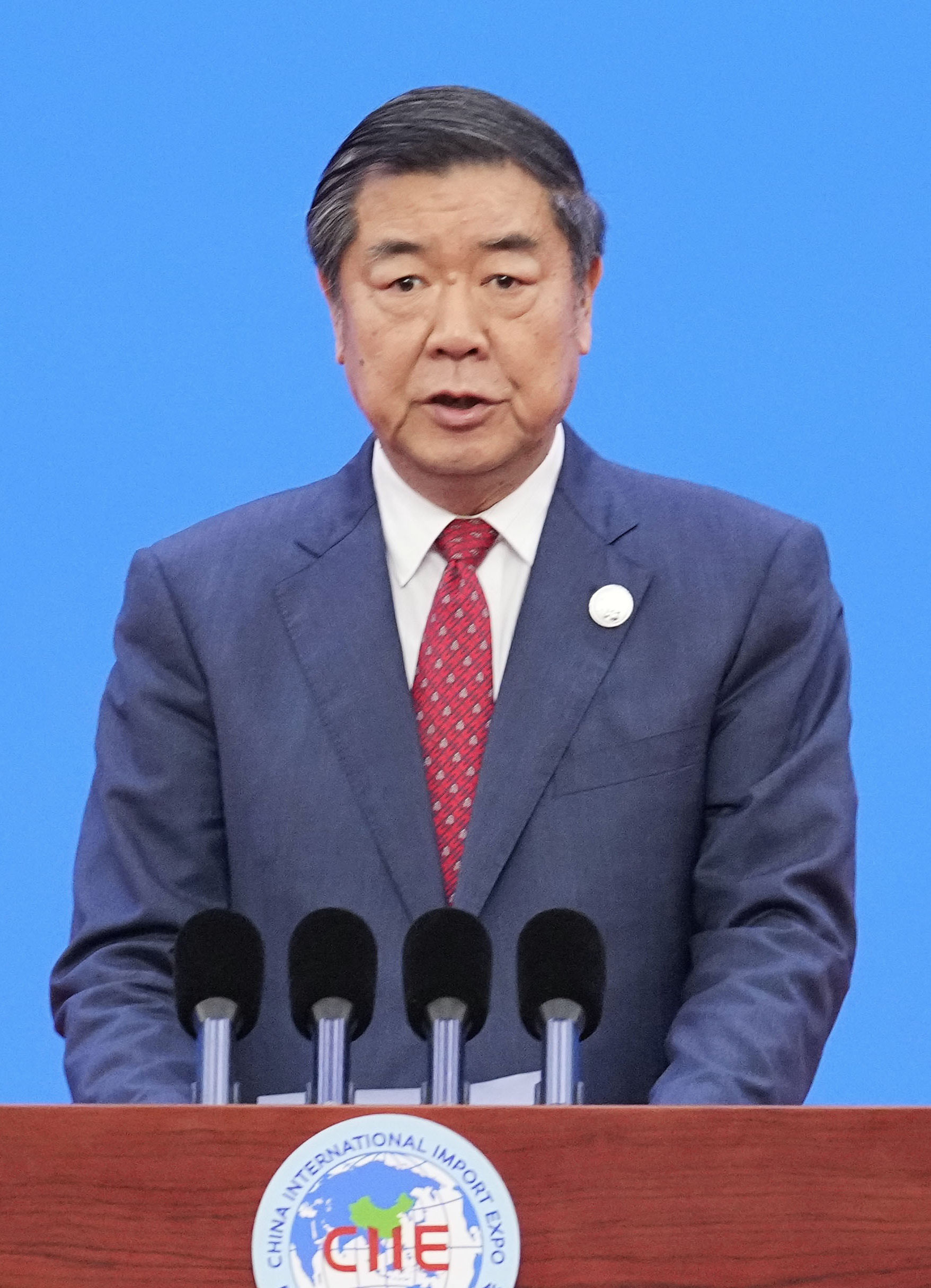
China property: Beijing’s stimulus plan needs more time, money and policy support to resolve long-standing housing crisis
- China has US$3.9 trillion worth of unsold properties, which makes Beijing’s funding plan account for less than 2 per cent of that excess inventory
- There is also a big question mark on how local governments, saddled with US$5.7 trillion in debt, would be able to absorb the unsold properties

“We view the scrapping of the mortgage rate floor and eased mortgage rates for housing provident fund loans as positive for lifting buyers’ sentiment,” Morningstar equity analyst Jeff Zhang said. “We think it may take a longer cycle for the policy tailwind to translate to home-purchasing activities, with the effects remaining to be verified.”
China is unlikely to see a rebound of new home sales and property investment immediately, according to an HSBC research report on Friday. “What’s held back potential homebuyers might be the lack of assurance of home deliveries,” HSBC economists Jing Liu and Taylor Wang wrote.
The Ministry of Housing and Urban-Rural Development vowed to ensure property projects are delivered on time and will pursue judicial proceedings to protect the legitimate rights and interests of homebuyers.
“The data releases for April indicate that the caution entrenched over the past several years will take some time to recover,” said Lynn Song, chief economist for Greater China at ING. “Fortunately, the policy roll-out has begun, and the impact of supportive policies should gradually begin to trickle through the economy in the months ahead.”
The cautious view of industry watchers reflects how the deterioration of China’s housing market, which has dragged the mainland’s economic recovery efforts, remains daunting and would need more time, money and policy support than what Beijing has so far introduced.
While those funds should help expedite housing inventory absorption, “execution risk looms as the actual timing and scope of funding remain uncertain”, Morningstar’s Zhang said.
The UK investment bank estimated that China has 28 trillion yuan worth of unsold properties, which makes the latest funding plan account for less than 2 per cent of unsold inventory.
There is still a big question mark on how local governments, saddled with hefty debts, would be able to absorb the unsold housing inventory. According to an estimate by Daiwa Capital Markets Hong Kong, local governments in China had 41 trillion yuan of debt and 60 trillion yuan worth of “augmented debt” or local government financing vehicles as of 2023.
Daiwa analysts Patrick Pan and Yue Tan said in a research note on Friday that local governments’ home purchase plans are likely to cost 5.5 trillion yuan. “Before the central government releases a detailed action plan or offers more financing support, we stay conservative on the fiscal feasibility and final impact of the campaign,” they wrote.
Most experts say the property sector will remain a drag on China’s economy this year. The government has aimed for a 5 per cent gross domestic product growth this year.
“While it is arguably one of the most important signs of a stabilisation in China, it is worth noting that a potential bottoming out of housing prices would only be the first step,” ING’s Song said.

“The government’s incentives are the result of a crisis of confidence because consumers are wary of buying property amid worries about job and income,” said Kiki Qian, a 40-year-old Shanghai resident who anticipates another 10 per cent plunge in housing prices. “Would-be buyers like me will not sign any purchase contract unless homeowners agree to further slash prices.”
Property brokers in the city described local residents’ reaction to the new policies as lukewarm.
“Few people came to us to show their home-buying interest today,” said Yan Zhancai, a consultant at an outlet of Lianjia, mainland China’s largest real estate brokerage, on Nanquan Road in Shanghai. “It looks as if lower mortgage rates are not enough to inspire them to make purchase decisions.”
“Even if a home-buying spree takes place on the back of the eased home-purchase restrictions, it will turn out to be short-lived because most homebuyers remain cautious and expect a downward spiral to continue,” said You Liangzhou, owner of property agency Baonuo in Shanghai.




